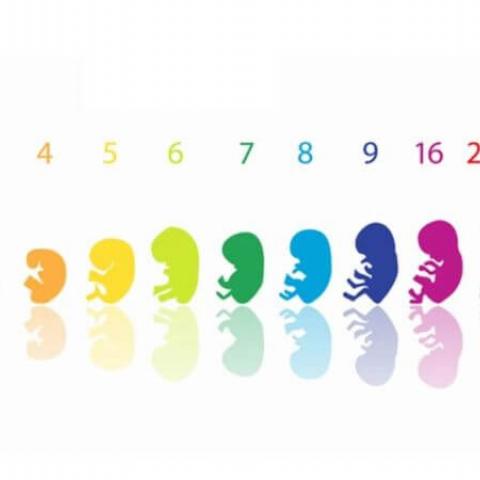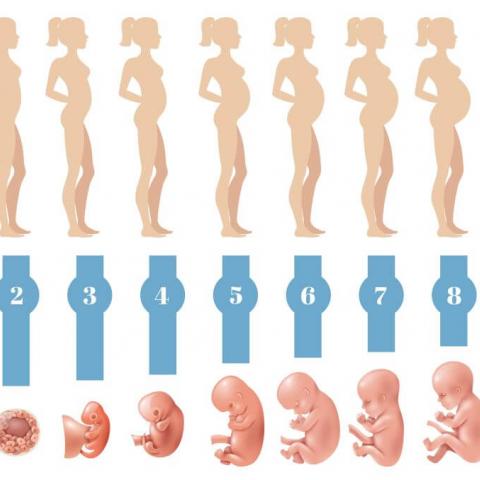Wiki: Pedia
Wikis are websites built for collaborative authoring, allowing numerous contributors to add, edit, and structure content online.
Wikis prioritize ease of use and openness: pages can be added or changed without technical expertise, and most track every edit so changes can be reviewed or undone.
Common features
- **Collaborative editing:** Numerous contributors can work on pages, sometimes simultaneously.
- **Edit history:** Each change is logged with a time and the editor’s name or IP.
- **Interlinking:** Creating links among pages is straightforward, which helps interconnect content.
- **Lightweight markup:** Simple markup languages (such as WikiText or Markdown) are used to format pages.
- **Permission settings:** Access controls vary — from fully open editing to permissions for certain users or groups.
- **Discussion pages:** Talk or discussion pages let contributors debate edits and organization.
Typical uses
- Community-driven knowledge bases (for example, Wikipedia)
- Project documentation and internal company knowledge repositories
- Collaborative writing and shared note-taking
- Classroom and educational projects
Benefits
- **Fast collaboration:** Many people can collaborate and iterate quickly on content.
- **Openness:** Transparency through revision histories and discussions.
- **Expandable:** They scale organically as users add more pages and topics.
Cons
- **Vandalism and false information:** Public editing can lead to vandalism or incorrect information.
- **Inconsistent quality:** Content quality may vary widely between pages.
- **Organizational issues:** Without clear governance, content may become fragmented or disputed.
Notable example
- **Wikipedia** — the best-known wiki, run by the Wikimedia Foundation and built by volunteer contributors worldwide.






















